‘Get boosted now’ is the government’s new slogan. In tonight’s address to the nation, Boris Johnson announced that he was bringing forward his timeline of offering a booster jab to all eligible adults by one month: from the end of January to New Year’s Eve. The heavy push for third doses is the government’s latest attempt to curb the spread of the Omicron variant, which early evidence suggests is more likely to transmit amongst double-vaccinated people (though there is still no evidence, either way, that the variant undercuts vaccine efficacy for protecting against severe illness).
The focus on booster jabs suggests that, temporarily at least, No. 10 has accepted that vaccines remain the way out of the Covid crisis, as once promised. While the booster programme was criticised for getting off to a slow start, Britain now appears to be on a roll, with 530,086 boosters (not including numbers from Wales) administered yesterday alone. The unexpected announcement of Plan B on Wednesday turned the conversation quickly to talk of renewed restrictions, with whispers throughout the weekend that a further crackdown might be on the cards. But in his statement tonight, Johnson did not announce any further restrictions – rather, he insisted that booster shots were the way to protect ‘our freedoms and our way of life.’
Early evidence from the UK Health Security Agency would suggest that boosters are helping to curb Omicron’s transmission. Here in the UK, nearly 90 per cent of the over-60s eligible for boosters have had their third dose, while infections for this age group remain notably lower than younger categories. It’s an imperfect comparison, failing to take into account personal decisions around shielding or more cautious behaviour that could also account for lower case numbers. But so far, all signs point to boosters having a positive effect.
Yet despite the Prime Minister’s embrace of jabs as the solution to the current Covid conundrum, other parts of his remarks tonight will have increased tension in Whitehall, not least among many of his backbenchers who are gearing up to rebel this week over the Plan B vote. Johnson doubled down on his government’s focus on cases as a major indicator of whether Covid was under control, rather than hospitalisations, telling the public to be in no doubt: ‘there is a tidal wave of Omicron coming.’
It’s a controversial shift. Focusing on hospitalisations rather than cases, the government held firm over the summer when reopening fully guaranteed a surge in Covid cases. Yet it’s now wavering over fears about a relatively unknown variant. Johnson also echoed his chief medical officer Chris Whitty, who said on Wednesday about the trajectory of the virus: ‘You’ve seen how things have gone before, that’s probably the way to bet.’ Johnson’s reminder tonight was that ‘We know from bitter experience how these exponential curves develop’, again suggesting that direct comparison could be drawn to previous Covid waves – when we had far fewer tools to manage the virus, and crucially no vaccines – and the situation today, with a highly-vaccinated population and working antivirals too.
Johnson also warned of growing pressure on the health service, noting that there are ‘patients with Omicron in hospital here in the UK right now’ – a data point that will be under the microscope in coming days, as early evidence from South Africa suggests the number of people in hospital being treated for serious cases of Covid is – while on the rise – at one of its lowest points in the pandemic so far.
With no new restrictions announced tonight, the political situation remains rather similar for the Prime Minister: dicey. While Johnson can assume he’ll comfortably get Plan B (and with it, vaccine passports) over the line in the Commons this week, he’ll have to rely on Labour’s support to do so, with 69 of his own MPs (and counting) having publicly declared they will vote against the government, which The Spectator is tracking here.
Don’t be surprised to see more names added to the list in the coming days. Tonight’s announcement may not have sparked full-out war, but is likely to have irked a few more wavering MPs to tip over to the side of the rebels.
Got something to add? Join the discussion and comment below.
Get 10 issues for just $10
Subscribe to The Spectator Australia today for the next 10 magazine issues, plus full online access, for just $10.


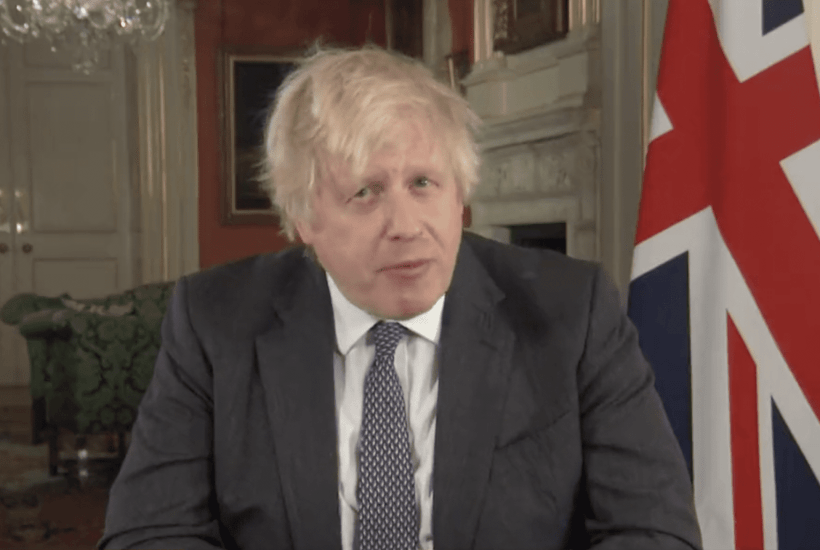
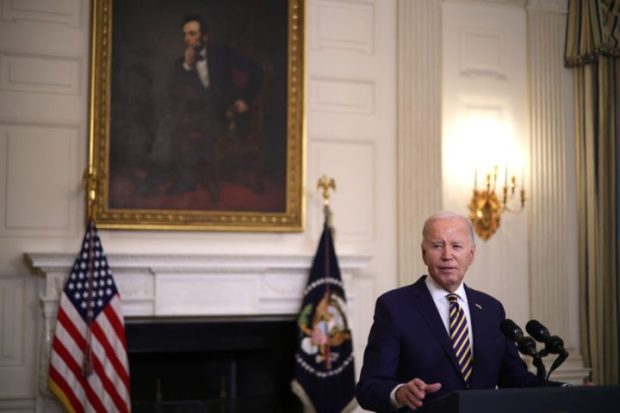
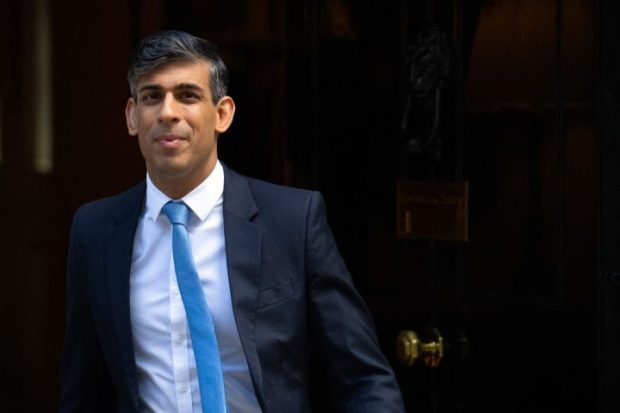
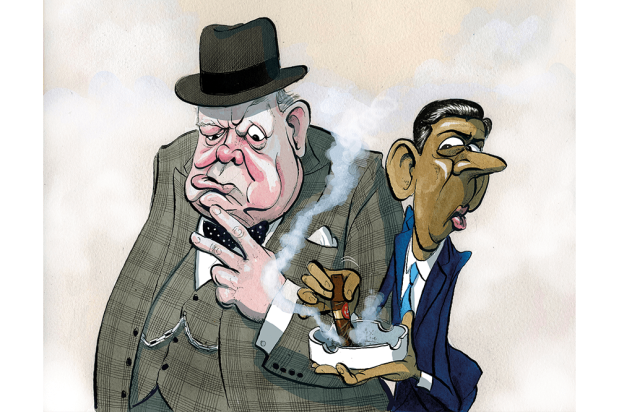
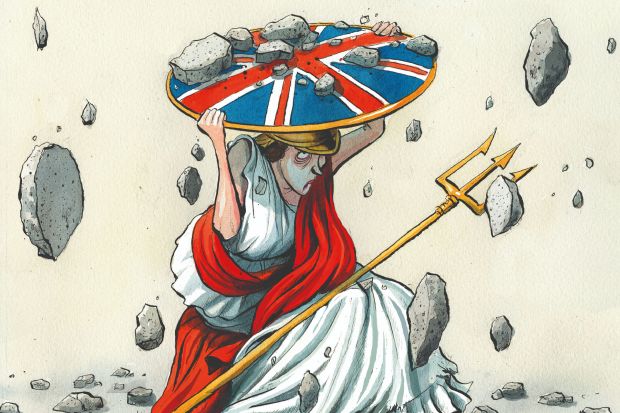
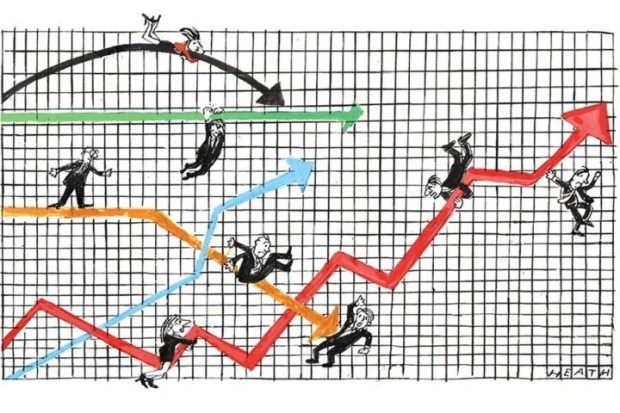
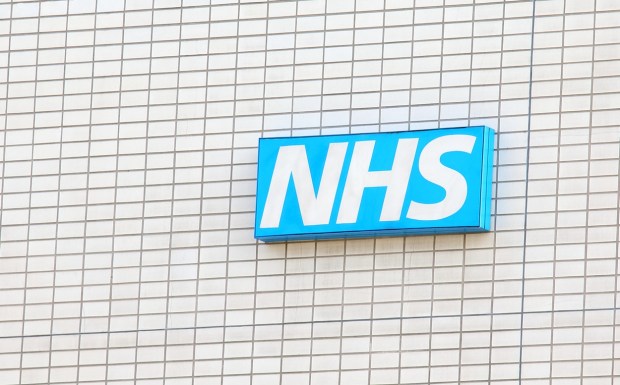












Comments
Don't miss out
Join the conversation with other Spectator Australia readers. Subscribe to leave a comment.
SUBSCRIBEAlready a subscriber? Log in